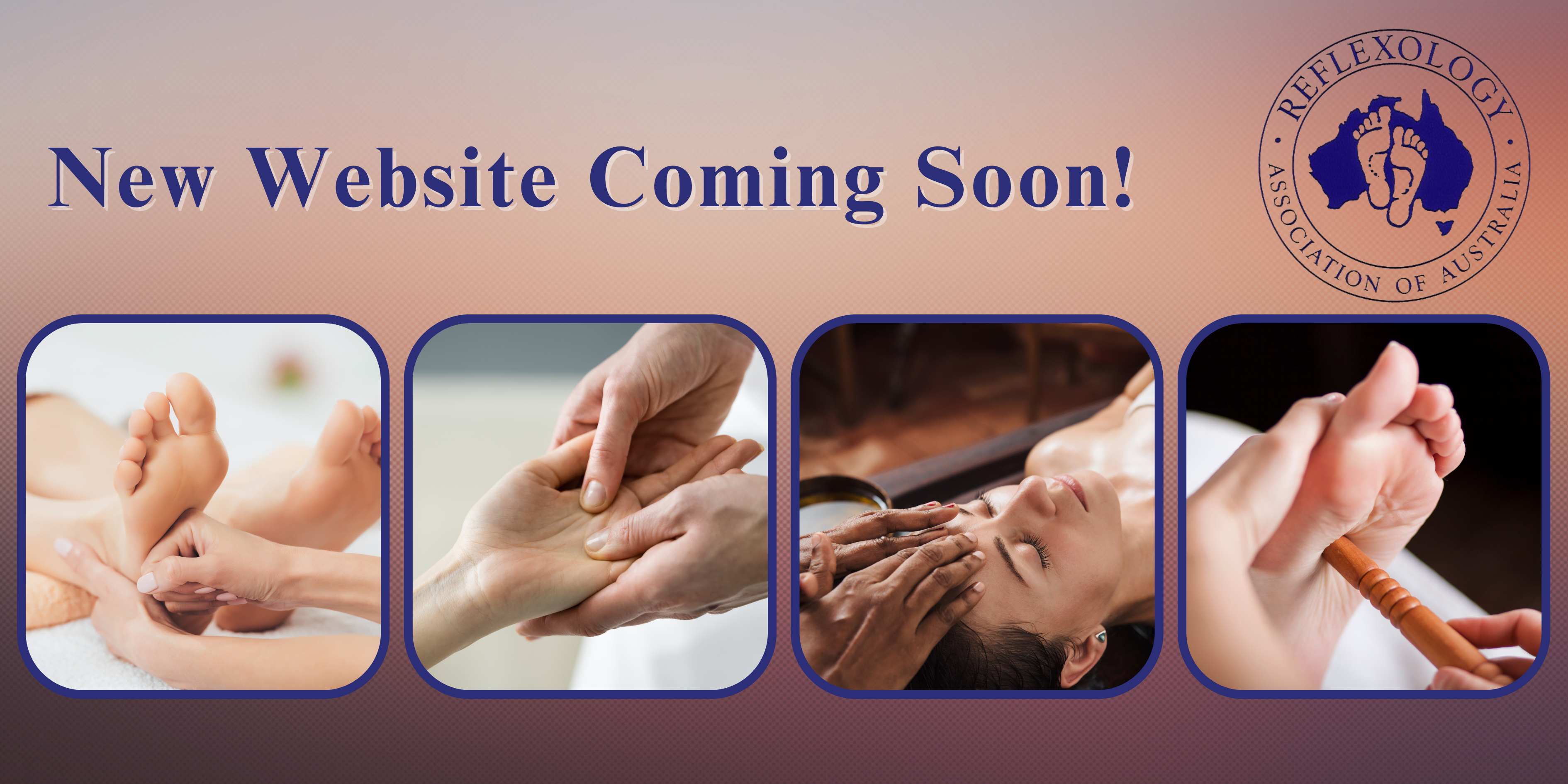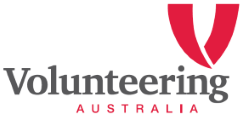Searching the Research Data Index
LINK TO COME TO ENDNOTE DATABASE OF RESEARCH
The Research Data Index is a collection of references to both formal and informal studies and reports on research in reflexology. Because of copyright limitations, only the author, title, source and keywords for each reference are given:
- The author is the name or names of the person or persons who have written the article described in the reference.
- The title is the title of the article.
- The source is the name of the publication or the web site in which the article appears.
- The keywords are words which indicate the coverage / content of the article
- For full text articles see Research Articles Archive below
To perform an index search:
- Type into the search box a key word or phrase e.g. pregnancy or randomised controlled trials
- You can use partial words e.g. reflex and will get all words starting with reflex e.g. reflexology, reflexes, reflexologist, etc.
- The results are an index of articles
Research Articles Archives is a collection of material on research into reflexology and related therapies, as well as examples of how you might conduct research in these therapies. Most articles listed in the Research Data Index are held in the archives and you may request a copy e.g. those from Reflexology journals. Other articles are subject to copyright and you may need to ask your local or state library to get you a copy on interlibrary loan. Interlibrary loan usually attracts a fee for service.
A number of other databases are freely available via the web. The following documents have been provided to assist you in your research.
- Useful Research Websites for Complementary Health.doc (link) If you have found a site helpful and would like to share, or you find a site listed is outdated, please let the research committee know.
- Data Credibility and Referencing.doc (link)
For further assistance contact the Research Director on research@reflexology.org.au Your inquiry is welcome and every effort will be made to assist you. Please put Reflexology Research Archives Inquiry in the subject line, or your email may be deleted as spam.
Data Credibility and Referencing
- Accuracy
Is the information reliable and error-free?
Has the information been verified, edited and checked?
- Authority
Is there an author? What are his/her qualifications?
Who is the publisher?
Who is the sponsor of the web page? Is the sponsor reputable?
Is there a link to information about the author or the sponsor?
If the page includes neither a signature nor indicates a sponsor, is there any other way to determine its origin?
Look at the domain e.g. .net, .gov.edu, .com, .ac.uk, .org, etc.
Look for a header or footer showing affiliation
- Objectivity
Is there a minimum of bias in the information?
Is the information influenced by advertising on the page?
- Currency
Is there a date on the document?
How current are the links? Are they still relevant? Have they expired or moved?
- Coverage
Are the topics covered relevant?
What does this page offer that is not found elsewhere?
How in-depth is the material?
Exercise: Go to www.google.com and try three different searches: what is reflexology research, “what is reflexology research”, researching reflexology. Compare the results.
REFERENCING – WHY?
It is important to acknowledge all sources by referencing your information. Referencing your sources ensures that the work of authors and other creators of knowledge are acknowledged for their intellectual work. Referencing is done by:
- Providing a reference, or bibliography, listing the sources of information
- Providing citations where you have quoted or paraphrased another’s words or ideas
Plagiarism is when you claim someone else’s thoughts and ideas as your own. This is academically unethical and unacceptable. Plagiarism occurs when you copy sentences or paragraphs from a book, journal article, web page or another’s information, without referencing. You can avoid plagiarism by expressing information using your own words and referencing someone else’s, clearly and consistently.
Referencing styles:
There are different styles of referencing or citing information. Schools or lecturers may specify a style they want used.
Useful Research Websites for Complimentary Health
Google Scholar Here you can find many articles that are no longer bound by copy-right laws. Google Scholar provides a simple way to broadly search for scholarly literature. From one place, you can search across many disciplines and sources: peer-reviewed papers, theses, books, abstracts and articles, from academic publishers, professional societies, preprint repositories, universities and other scholarly organizations. Google Scholar helps you identify the most relevant research across the world of scholarly research.
Useful DATABASES include:
EBOC (Evidence-Based On Call) www.eboncall.org This database contains evidence-based summaries of on-call medical conditions. Every recommendation links via a 'plus' icon to a short summary of the evidence, which in turn links to one-page summaries (called CATs or critically appraised topics) of every article used via a 'cat' icon.
eMedicine www.emedicine.com is a clinical knowledge base for physicians and other healthcare professionals. It contains articles on 7,000 diseases and disorders. The evidence-based content, updated regularly, provides the latest practice guidelines in 59 medical specialties. eMedicine's professional content undergoes 4 levels of physician peer review plus an additional review by a PharmD prior to publication.
PEDro Physiotherapy Evidence Database www.pedro.fhs.usyd.edu.au
PubMed Clinical Queries www.ncbi.nlm.nih.gov provides for specialised searches by clinicians using in-built filters. Searches can be restricted to Systematic Reviews, or one of a number of Medical Genetics or Clinical Studies categories (eg etiology, diagnosis, prognosis, clinical prediction guides, etc.).
SUMSearch sumsearch.uthscsa.edu is a single gateway that allows simultaneous searching of Medline, DARE, the Merck Manual, and the National Guideline Clearinghouse. It combines meta-searching across these multiple sites with contingency searching where if too few or too many hits result, additional searches will be performed until a satisfactory result occurs.
TRIP Database (Turning Research into Practice) www.tripdatabase.com searches a variety of Internet sites, including other databases, EBM sites, e-texts, and peer-reviewed journals. Only high quality resources that allow unhindered access to articles and publications are included.
Kunz and Kunz Research Index  Download for further information regarding the studies in this index please visit www.reflexology-research.com
Download for further information regarding the studies in this index please visit www.reflexology-research.com
Useful JOURNALS include:
Bandolier www.medicine.ox.ac.uk distils information from reviews and trials and presents the information in a more comprehensible format.
Updated 8/09
Other Web resources include:
Academic Center for Evidence-Based Practice
http://www.acestar.uthscsa.edu/
Agency for Healthcare Research & Quality
http://www.ahrq.gov/
Centre for Evidence Based Dentistry
http://www.cebd.org/
Centre for Evidence Based Medicine (Oxford)
http://www.cebm.net/index.asp
Evidence Based Medicine Toolkit
http://www.ebm.med.ualberta.ca/
Joanna Briggs Institute for Evidence Based Nursing & Midwifery
http://www.joannabriggs.edu.au/about/home.php
Monash University. Centre for Clinical Effectiveness
http://www.med.monash.edu.au/healthservices/cce/index.html
Nesbit Guide to Evidence Based Resources
http://www.urmc.rochester.edu/hslt/miner/digital_library/evidence_based_resources.cfm
Netting the Evidence
http://www.healthscience.net/resources/evidence-based-medicine/
University of Minnesota. Evidence Based Practice
http://www.biomed.lib.umn.edu/learn/ebp/
University of York. Centre for Reviews and Dissemination
http://www.york.ac.uk/inst/crd/
Clinical Practice Guidelines
Practice guidelines can often be found via a search of the Medline, Cinahl, Clin-eguide, or MD Consult databases. In Medline you can apply the limit option Practice guideline to your search. Similarly in Cinahl, this same limit option can be used, or you could try other limit options such as Care plan or Clinical innovations or Critical path or Protocol. In Clin-eguide select the National Guidelines tab and browse or search across the resources available. In MD Consult, practice guidelines can be browsed or searched under the Guidelines tab.
There are numerous useful web sites providing practice guidelines. A few you can try include:
AHRQ. Clinical Practice Guidelines Online http://www.ahrq.gov/clinic/cpgonline.htm
BestBETs http://www.bestbets.org/
CMA Clinical Practice Guidelines (Canada) http://mdm.ca/cpgsnew/cpgs/index.asp
eMJA Clinical Guidelines http://www.mja.com.au/public/guides/guides.html
Evidence Based Medicine Resource Center. Clinical Practice Guidelines http://www.ebmny.org/cpg.html
Geneva Foundation for Medical Education and Research (use the site's search function) http://www.gfmer.ch/000_Homepage_En.htm
Joanna Briggs Best Practice Information Sheets http://www.joannabriggs.edu.au/pubs/best_practice.php
National Guideline Clearinghouse http://www.guideline.gov/
National Library of Guidelines (U.K.) http://www.library.nhs.uk/guidelinesFinder
New Zealand Guidelines Group http://www.nzgg.org.nz/index.cfm
NHMRC Clinical Practice Guidelines http://www.nhmrc.gov.au/publications/subjects/clinical.htm
Queensland Health Best Practice Guidelines http://www.health.qld.gov.au/publications/best_practice/
Clinical Trials
In addition to the databases listed above, there are any number of useful web sites that provide information on clinical trials.
Australian New Zealand Clinical Trials Registry www.anzctr.org.au
Centerwatch Clinical Trials Listing Service http://www.centerwatch.com/
ClinicalTrials.Gov http://www.clinicaltrials.gov/
National Cancer Institute. Clinical Trials http://www.cancer.gov/clinical_trials/
PLoS Clinical Trials http://clinicaltrials.plosjournals.org/
Alternative Therapies Web Sites
Biomedical, General/Special Topics Web Sites
Evidence-Based Practice Web Sites

